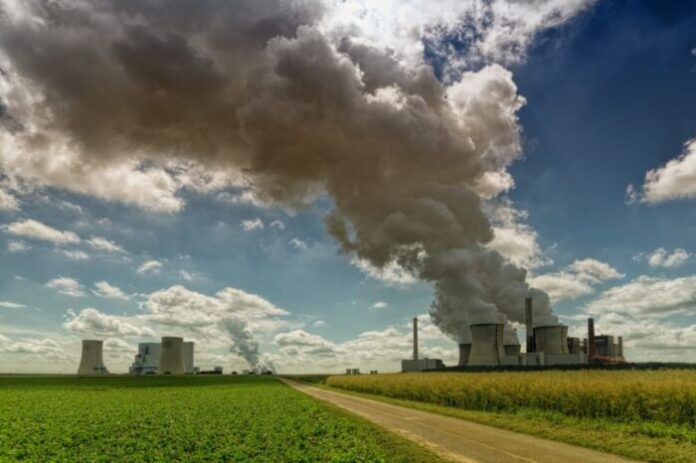
The current health emergency is having significant impacts on transport, consumption and production activities in all the affected countries, including Italy, and this should translate into a reduction in greenhouse gas emissions, primarily CO2.
Italy in 2020 could also be affected by this phenomenon, but according to Italy for Climate, the climate initiative launched by the Foundation for sustainable development, may be short-lived because the 2019 preview data show very few improvements in recent years , a sign of the absence of an ongoing structural decarbonisation process, without which emissions, in correspondence with the desired economic recovery, will start to grow again.
This is what emerges from the document 10 key trend on the climate – the 2019 data preview for Italy, the new Italy for Climate Dossier which photographs the performance of Italy on the climate in the past year, presenting data, often the result of processing unpublished, on some key climate trends for our country.
“We are facing a serious social and economic crisis in recent weeks due to the extremely serious global pandemic – said Edo Ronchi, President of the Foundation for Sustainable Development – which also highlighted the fragility of our economic, globalized and interconnected systems, very vulnerable in the face of crises that announce themselves as potentially global even when they affect in a differentiated and more relevant way in some countries. This also makes us reflect on other possible potentially global crises such as that deriving from climate warming”.
The contrast to climate change in our country presents even more shadows than lights: greenhouse gas emissions decreased by less than 1% compared to the previous year (too little compared to the change of course that the climate crisis requires us) , the extreme events related to climate change were over 1,600 (they were less than 150 just over 10 years ago), the country has lost its historic leadership in Europe on renewable sources for electricity generation and an increase in temperatures is confirmed in Italy higher than the rest of the world.
In the year in which Italy is called to organize COP26 together with the United Kingdom, the climatic performances are therefore not positive, although some encouraging signs persist, in particular from the reduction in the costs of renewable electricity and from the production of electricity from coal, which dropped from 49 billion kWh in 2012 to around 20 estimated in 2019, which is contributing to the important reduction of specific emissions related to electricity generation, halved compared to thirty years ago.
“In the absence of a structural process of reduction of emissions and timely interventions to direct recovery – concludes Ronchi – after the serious economic crisis and a significant drop in emissions related to the current pandemic, emissions could return to grow as and perhaps even more than before”.



































